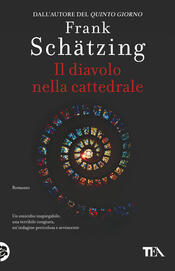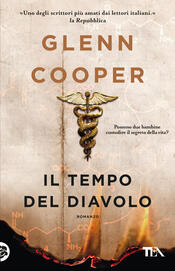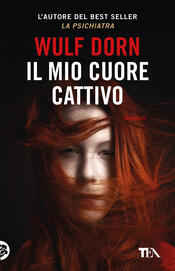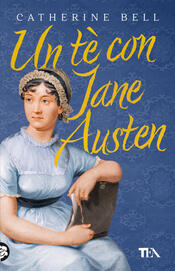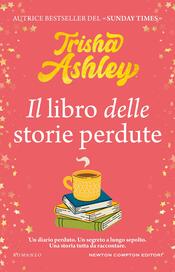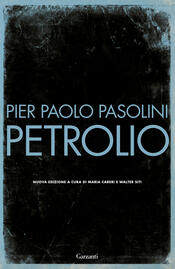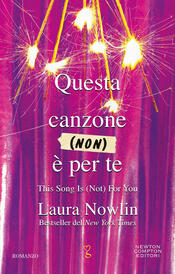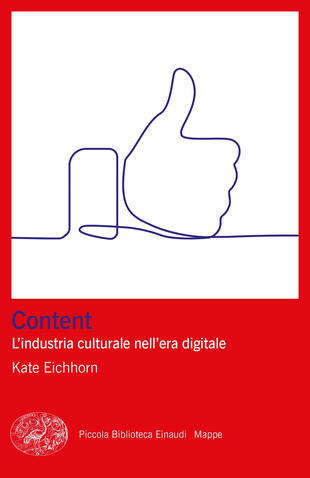

Sinossi
Fin dal mattino, quando ci alziamo dal letto e controlliamo se durante la notte ci sono state reazioni ai nostri post, like e visualizzazioni, tutti noi non facciamo che produrre e consumare contenuti. Ma cosa intendono l'industria culturale contemporanea e il mondo dei media con il termine «contenuto»? Quando e perché questo concetto è diventato onnipresente e così determinante? E a quale costo? In questo volume, Kate Eichhorn offre una concisa introduzione alle caratteristiche e alle dinamiche dell'universo mediatico, culturale e artistico contemporaneo, esaminando gli effetti su vasta scala che tutto ciò genera su società, politica e lavoro nell'era digitale, dall'avvento di internet all'attuale mediaverso social. Per l'autrice, l'esempio più rappresentativo di contenuto dell'era digitale è il celebre «uovo di Instagram», un'immagine che deteneva fino a poco tempo fa il record di like, pur non trasmettendo informazioni o conoscenze e circolando per il semplice fatto di circolare. Eichhorn esplora ciò che differenzia i contenuti generati dagli utenti da quelli prodotti da lavoratori retribuiti (sebbene spesso sottopagati); esamina come arte e letteratura, giornalismo e politica abbiano reagito all'ascesa dell'industria dei contenuti; e riafferma la crescente importanza che acquisisce il «capitale di contenuti» nell'attività di artisti e scrittori in un ambiente che tende ad annullare qualsiasi differenza.
- ISBN: 8806260383
- Casa Editrice: Einaudi
- Pagine: 252
- Data di uscita: 27-06-2023
Recensioni
Una bella infarinatura; il saggio è breve ed efficace, sicuramente un tema da approfondire.
È un libro chiaro e di facile letture. Si parte dal definire cosa si intenda oggi per “contenuto” per individuare la sua caratteristica peculiare. Secondo l’autrice è contenuto tutto ciò che circola, senza porsi la questione del valore informativo, della qualità o della provenienza. Siamo in un campo Leggi tutto
I wasn't sure what to expect from this book, but overall I came away with a better appreciation of Content when referring to the Internet. One big takeaway is how the quality of Content is less important than quantity. There are many companies that provide Content that rely on us getting page views
Pretty good overview of the current state of culture theory in terms of the internet especially, with some good background on the ideas from Frankfurt school forward. I’d probably recommend this over a bunch of other books to someone who was curious about theories of that sort.
Unexpected bummer. What was this, a hundred pages? Of a book supposedly bent on dissecting the key phenomenon behind the disembowelling of cultural, and by extension public discourse? The book could barely be called an introduction, which it is not, it mentions "essential" in the name, but I do not
Pretty good primer. Very useful for research purposes. Prior knowledge of Adorno's work will be helpful for understanding the first half, but is not required.
This is okay as a first overview on the topic, but I don't think it argues its central thesis ("Content is pure neoliberalism") very well and leaves out some perspectives on the matter.
This 2022 book was part of the MIT Press Essential Knowledge series of pocket-sized books. The author, Kate Eichhorn is a media historian and theorist at The New School. The theorist part is important to note because the first section of the book is history AND theory of content, and the evolution o Leggi tutto
The author raised the concept of content capital, adding to ideas of cultural capital created by Bourdieu. One key distinction is how some content is created only for the purpose of dissemination, lacking any significant cultural meaning. Fascinating social media analysis. A quick read for an intro
Corto y al punto, pero básico.
Citazioni
Al momento non ci sono citazioni, inserisci tu la prima!








